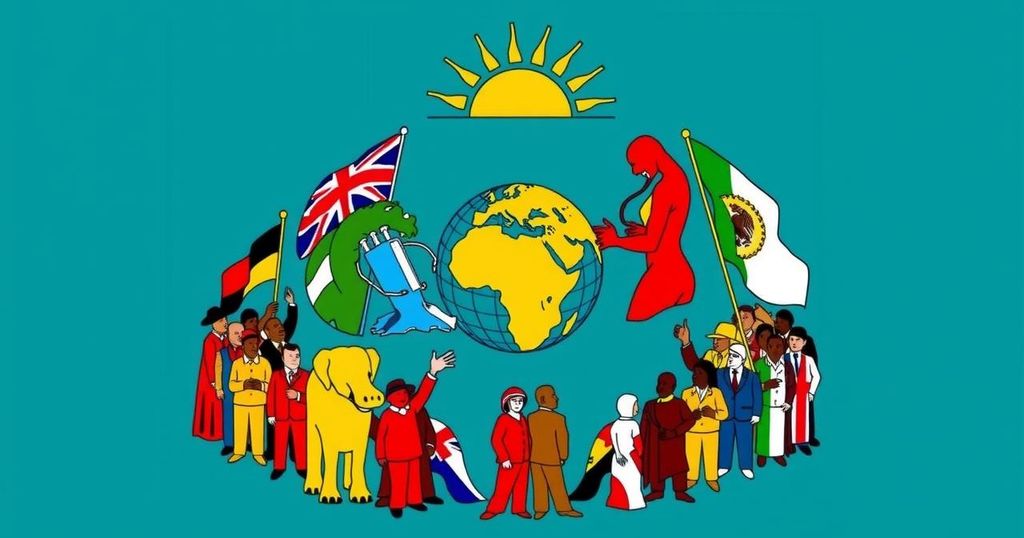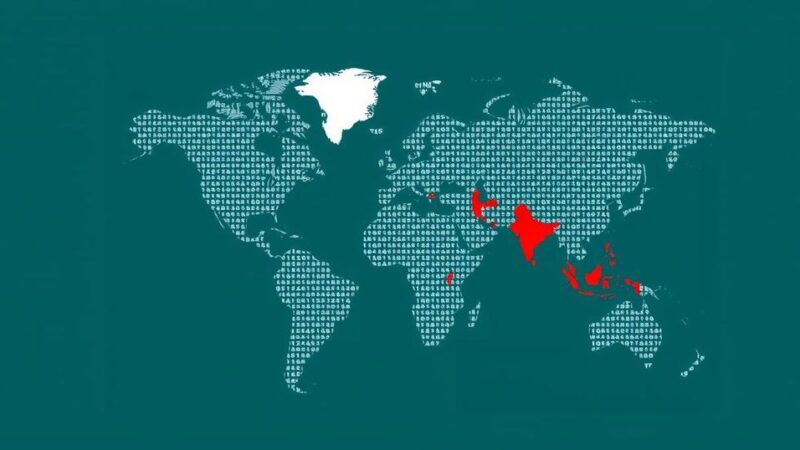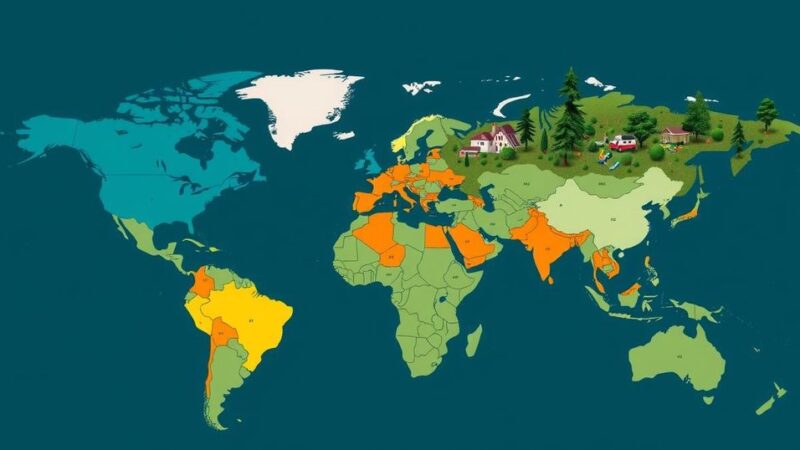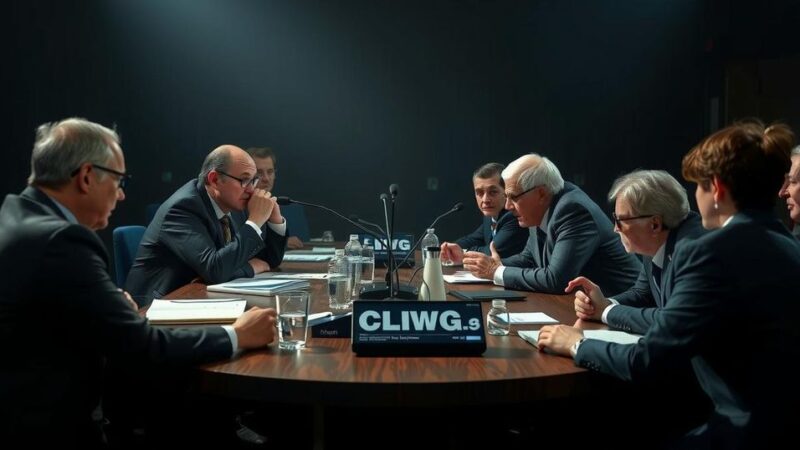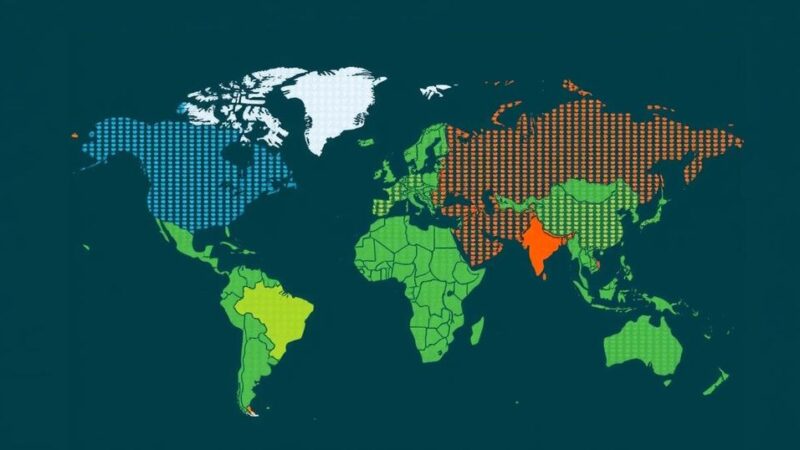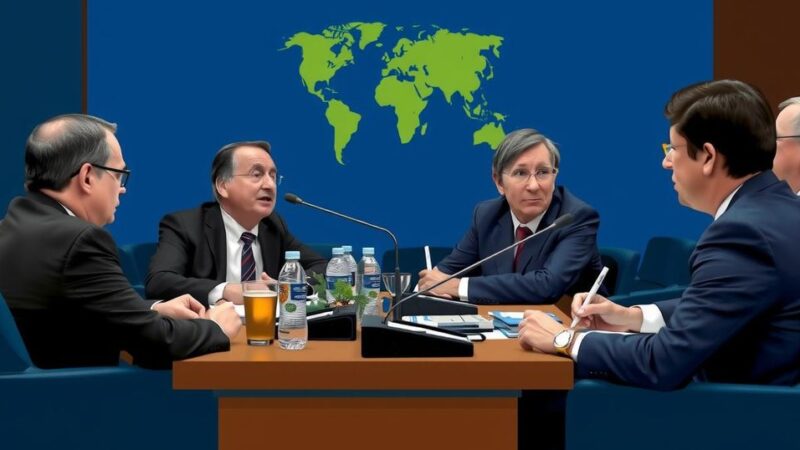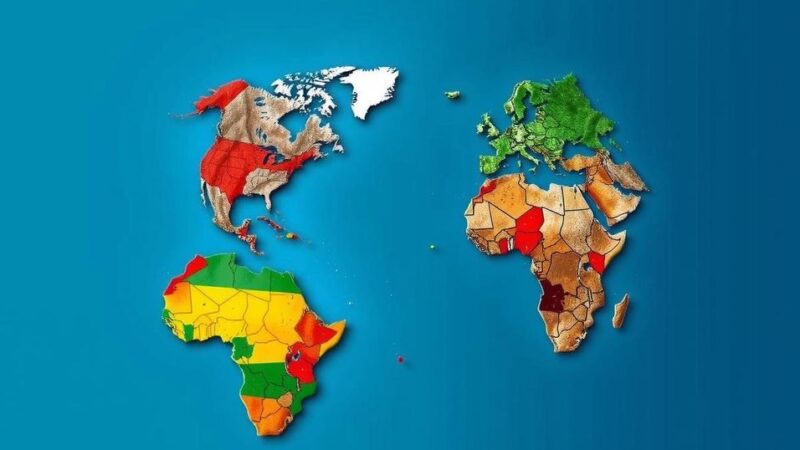The Commonwealth Heads of Government Meeting (CHOGM) in Samoa addresses urgent issues such as climate change and reparations for the transatlantic slave trade, bringing together leaders from 56 member nations. Amid rising sea levels threatening low-lying island nations, discussions will also tap into the growing call for Britain to pay reparations due to its historical role in slavery. The summit presents an opportunity for dialogue on these significant concerns affecting member states.
The Commonwealth Heads of Government Meeting (CHOGM) convened in Samoa, gathering leaders from 56 nations, alongside Britain’s King Charles, to discuss critical issues, including climate change and reparations for the transatlantic slave trade. This summit serves as a crucial platform for dialogue among member countries, highlighting the ongoing challenges posed by climate change, particularly for small island nations vulnerable to rising sea levels. During the summit, the United Nations Secretary-General Antonio Guterres emphasized that ocean temperatures are rising at a rate three times faster in Pacific Islands than the global average, indicating the dire situation for local populations. Australian Foreign Minister Penny Wong expressed that climate change represents an existential threat and a primary national and economic security issue for many Commonwealth member states. In light of these environmental pressures, island leaders are expected to issue a significant declaration focused on marine conservation during the summit. Additionally, the agenda addresses the increasingly prominent demand for reparations from Britain due to its historical involvement in the slave trade. Despite British Prime Minister Kier Starmer’s reluctance to formally discuss reparations at the summit, he acknowledged the necessity of engagement with leaders who wish to raise the issue. CARICOM has established a commission to pursue reparations from various colonial powers, reflecting a growing momentum for redressing historical injustices and addressing the resulting racial disparities. Notably, multiple African nations voiced their concerns over the severe effects of climate change. As the discussions unfold, a Samoan chief is set to illustrate firsthand the consequences of climate change to King Charles, thereby reinforcing the urgency of the summit’s objectives. Kingsley Abbott from the University of London’s Institute of Commonwealth Studies pointed out that the opportunity presented by CHOGM is vital for dialogue on reparations, encouraging openness to conversations surrounding historical grievances.
The Commonwealth of Nations is a political association of 56 countries, many of which were formerly part of the British Empire. This summit seeks to address pressing issues that impact member nations, notably climate change and the long-standing debate on reparations related to the transatlantic slave trade. Many member nations are small island states that are particularly threatened by rising sea levels due to climate change, necessitating urgent action and dialogue on environmental protection. Concurrently, the legacy of slavery continues to affect societal structures and racial equity, motivating discussions on reparations from former colonial powers to rectify historical injustices and address ongoing discrimination.
In conclusion, the Commonwealth summit in Samoa represents a significant forum for addressing the dual crises of climate change and historical reparations. Leaders are recognizing the immediate and long-term threats posed by environmental changes and engaging in critical dialogues about the ramifications of the transatlantic slave trade. The outcomes of these discussions could potentially lead to collaborative efforts to protect vulnerable populations and address historical grievances, shaping a more equitable future for Commonwealth nations.
Original Source: www.swissinfo.ch
